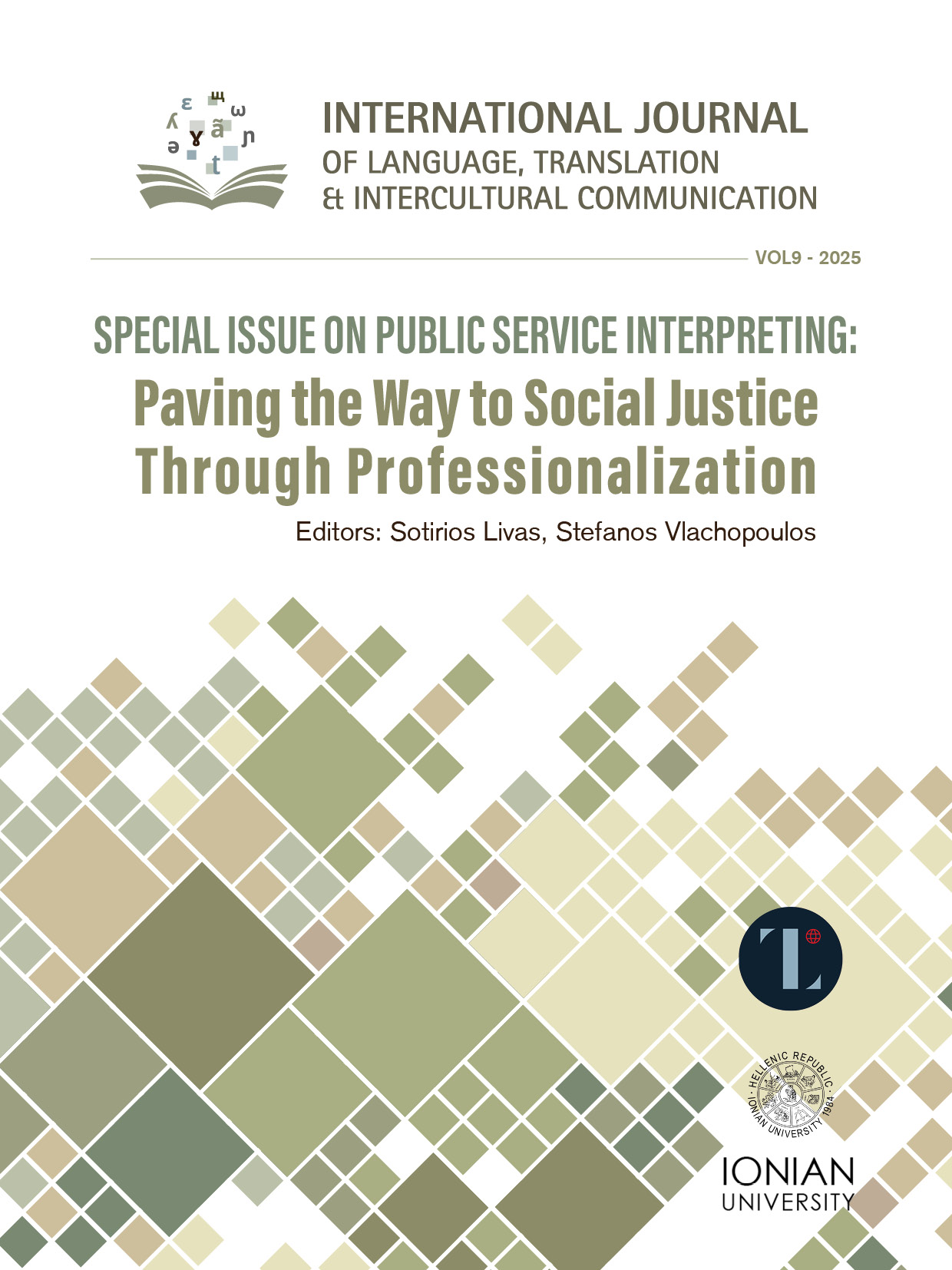Safeguarding public service interpreting in times of crises Limitations and possibilities of lower-level testing and training

Abstract
Interpreters are crucial for accessing public services and participating in democratic and legal processes. In Norway, interpreting is regulated by the Interpreting Act, which mandates formal qualifications for listing in the National Registry of Interpreters. Oslo Metropolitan University leads in public service interpreting (PSI) education, offering schemes like the Bilingual Proficiency Test and an introductory course. This scheme, available in around 80 languages, provides basic language testing and limited training, qualifying candidates for the national register's lowest level.
The paper examines whether basic language testing and limited training is sufficient for the demands of public sector interpreting. It presents the legal framework for interpreting in Norway, the role of Oslo Metropolitan University in interpreter qualification, and the flexibility of the Bilingual Proficiency Test, particularly its rapid response to the influx of Ukrainian refugees. The paper concludes by evaluating the limitations and potentials of lower-level qualification schemes in PSI.
Article Details
- How to Cite
-
Lian, M., Vaage, M. N., & Roth, L. I. (2025). Safeguarding public service interpreting in times of crises: Limitations and possibilities of lower-level testing and training. International Journal of Language, Translation and Intercultural Communication, 9. https://doi.org/10.12681/ijltic.39550
- Section
- Articles

This work is licensed under a Creative Commons Attribution-NonCommercial-ShareAlike 4.0 International License.
Copyright Notice
Authors who publish with this journal agree to the following terms:
- Authors retain copyright and grant the journal right of first publication with the work simultaneously licensed under a Creative Commons Attribution License that allows others to share the work with an acknowledgement of the work's authorship and initial publication in this journal.
- Authors are able to enter into separate, additional contractual arrangements for the non-exclusive distribution of the journal's published version of the work (e.g., post it to an institutional repository or publish it in a book), with an acknowledgement of its initial publication in this journal.
- Authors are permitted and encouraged to post their work online (e.g., in institutional repositories or on their website) prior to and during the submission process, as it can lead to productive exchanges, as well as earlier and greater citation of published work (See The Effect of Open Access).


